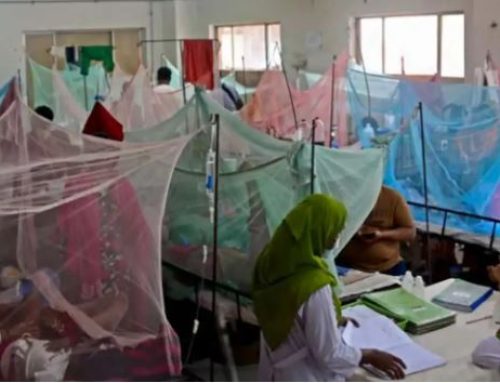Project Description
Author: Jahan et al.
Summary:
Neutropenic enteropathy (NEP) is one of the important causes of death due to infectious complication during induciton phase of chemotherapy in children with Acute Lymphoblastic Leukemia (ALL). So the objective of this study was to identify the risk factors of NEP.
This prospective study was conducted in the Department of Pediatric Hematology & Oncology, BSMMU from November 2018 to January 2021. Total 98 ALL children were included in this study, among them 36 children developed NEP and 62 children did not develop NEP. Detailed history, clinical examination, hematological examination, laboratory examination, plain X-ray abdomen, abdominal ultrasonogram were performed in all cases.
Majority of children with ALL were within the age of 1-10 years (70%) and females (63. 3%). Children receiving regimen B were more common in children with NEP (80.6%) which was statistically significant (p=0.004). Hypokalemia (13.9%), hyponatremia combined with hypokalemia (44.4%) and hypoalbuminemia (41.2%) was significantly higher in children with NEP (p<0.05). Ultra sonogram findings revealed increased BWT (13.9%) and distended bowel loop (58.3%) was significantly higher in children with NEP (p<0.05). Regarding risk factors of neutropenic enteropathy mucositis, prolonged neutropenia (>7 days), septicemia and use of daunorubicin were found to be significantly different between children with NEP and children without NEP (p<0.05).Multivariate analysis demonstrated, prolonged neutropenia [OR(95%CI)= 44.5(2.82-701.6);p=0.007] and septicemia [OR(95%CI)=44.1(1.46-1334.1);p=0.029] were found to be significant risk factors for development of NEP.
Conclusion: NEP is a life-threatening condition especially during the induction phase of chemotherapy, often leading to tragic outcomes, including death, which is often exacerbated by prolonged and profound neutropenia and septicemia,
Status: Ongoing
Full text link: Not available



